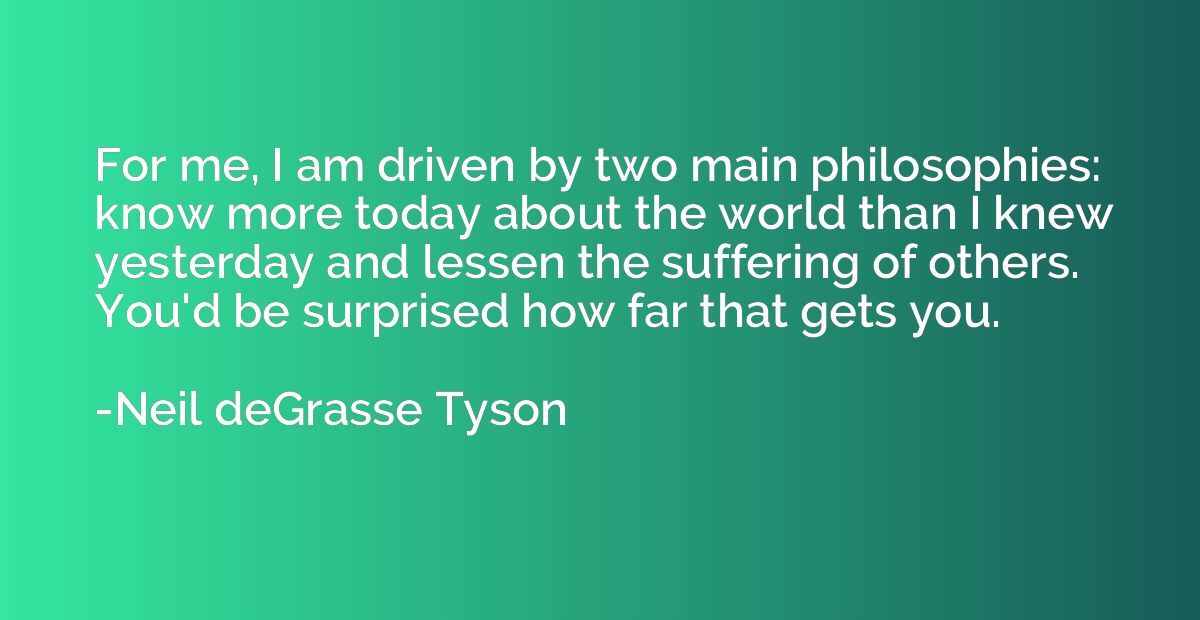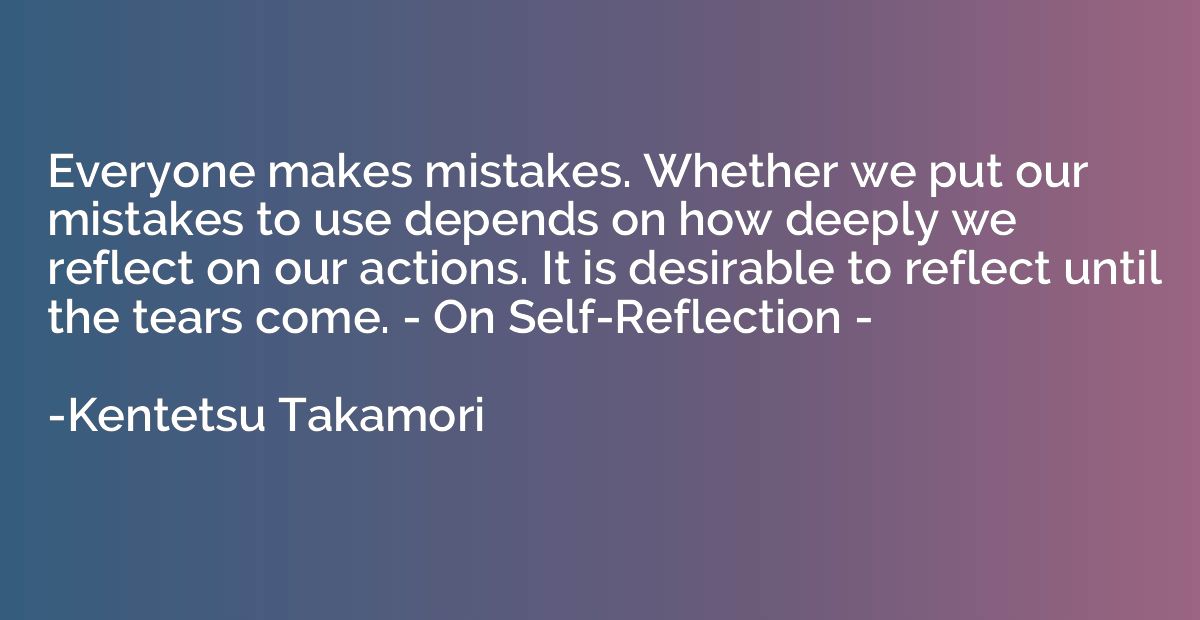Summary
This quote, attributed to the philosopher Immanuel Kant, suggests that for an action to hold moral value, it must be carried out not out of personal inclination or desire, but from a sense of duty. According to Kantian ethics, an action is morally worthy if it is performed because it is perceived as morally right, regardless of any external factors or potential consequences. In other words, acting from duty means doing what is objectively right, independent of personal motivations or self-interest. This emphasizes the importance of moral principles and ethical obligations in determining the worth of our actions.













![[T]he salient question is whether the increasing awareness o](https://quotation.io/quotes/salient-question-whether-increasing-awareness.jpg)

